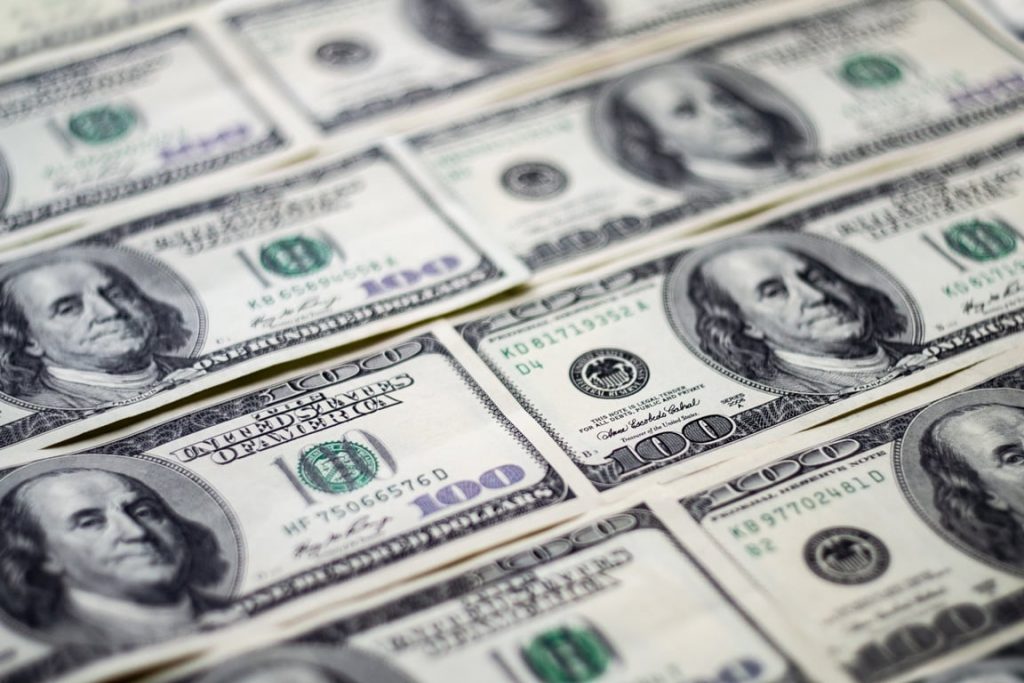
Outlook for Sterling: Where Will the Sterling Go Next?
The outlook for Sterling has been a topic of great interest and speculation in recent times. As global markets navigate through changing economic conditions, the value of currencies fluctuates. This leaves investors and travelers alike eager to understand the future trajectory of the British Pound. We delve into the current dynamics and explore the factors that may shape the destiny of Sterling in the coming months.
The Best Sterling to Dollar Exchange Rate Today
The best Sterling to Dollar exchange rate holds significant importance for those involved in international trade, travel, or investment. As the US Dollar weakens following Federal Reserve Chair’s testimony, it becomes crucial to evaluate the current rate and its implications for both the British and American economies.
In other developments, the British Pound, often referred to as sterling, experienced a modest increase of 0.02% against the US Dollar, reaching $1.2770. This value places the Pound near its one-year high of $1.2849, achieved just last week.
On Thursday, the Bank of England (BoE) should implement its 13th consecutive interest rate hike following the release of higher-than-anticipated inflation data. However, investors find themselves divided between the possibility of a 25-basis-point or a more substantial 50-basis-point increase.
The latest data suggests that the Pound has demonstrated relative stability against the Dollar. It shows resilience in the face of external market pressures. Traders and investors seeking the best Pound to Dollar exchange rate today must closely monitor economic indicators, policy decisions, and geopolitical events that can influence currency valuations. By staying informed, individuals can seize favorable exchange rates, maximizing their returns on cross-border transactions.
Euro to Sterling Conversion: A Key Indicator
The price of the Sterling against the Dollar is an important metric. However, the Euro to Sterling conversion rate also plays a significant role in determining the overall strength of the Pound. The Eurozone remains one of the United Kingdom’s most significant trading partners. This makes the Euro-Sterling exchange rate a crucial consideration for businesses and investors.
In recent months, the Sterling-Euro exchange rate has seen fluctuations due to various factors. Those include Brexit-related developments, economic data releases, and central bank decisions. Understanding the dynamics between the Euro and the Sterling can provide valuable insights into the broader market sentiment. It can help individuals make informed decisions regarding cross-border trade, investment, or travel plans.
Unveiling Factors and Capitalizing on Currency Movements
As we conclude our exploration into the outlook for Sterling, it becomes clear that the Pound’s future trajectory will depend on a multitude of factors. Monitoring the best Sterling to Dollar exchange rate and the Euro to Sterling conversion rate is paramount to staying informed and capitalizing on favorable currency movements.
Contrary to market expectations, British inflation did not alleviate in May. It instead remained at 8.7%, making it the highest among major economies. This unexpected persistence in inflationary pressures presents a challenge for policymakers as they weigh the appropriate measures to maintain economic stability and manage inflationary risks.
Market conditions are subject to change. Hence, it is essential to acknowledge the relative stability that the Pound has maintained against the Dollar in recent times. However, one must remain vigilant and adapt to evolving circumstances in global markets.
Understanding the factors affecting currency valuations and staying updated with the latest news and trends is crucial in international finance. By keeping a keen eye on economic indicators and geopolitical developments, investors and individuals can navigate the currency market landscape and make informed decisions.



